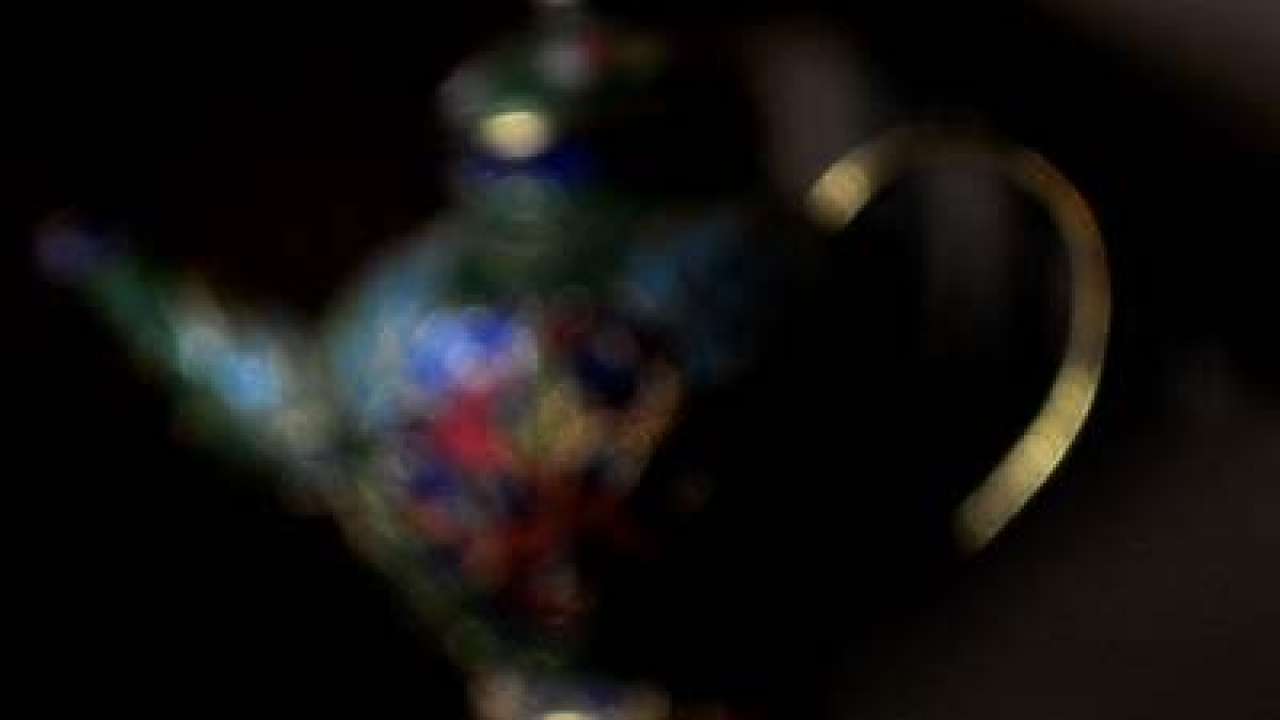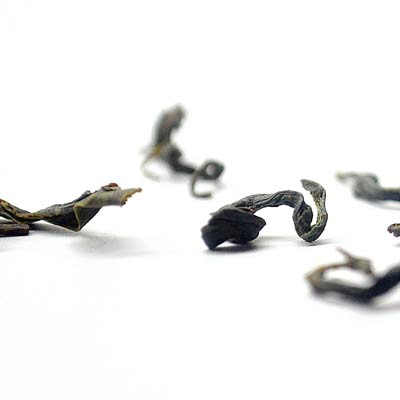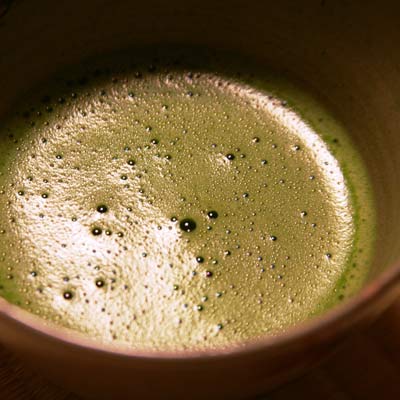
Tea, a warm, refreshing, and flavoursome beverage, is savoured by millions thanks to its rejuvenating properties and delicious taste.
Imagine walking down a quiet path, on a starry night, amidst the fragrance of moist soil and dewy leaves. The only source of light on the path is the full moon. This is the perfect setting for gentle picking of a precious variety of unopened tea buds, by hand, in the silence of the night. Commonly known as the Silver Tips Imperial, this tea is from the Makaibari Tea estates of Darjeeling and the patent is rated as one of the most expensive natural white tea in the world.
Moon-lit Teas Anyone?
The coolness of a full-moon night allows the tea buds to retain maximum moisture and exude maximum flavour. Packed with nutrients, it has twelve times more antioxidants than a cup of green tea (or orange juice). Snigdha Manchanda, owner of Tea Trunk, a tea brand, considers herself lucky to have tried some of the most exquisite teas from around the world “though some of them are pricey, it is not necessary that some of the costliest teas will be the most delicious ones. Tea being an agricultural produce has many factors at play such as labour, soil conditions, rainfall etc. that can influence the availability and price of tea”. She also stocks a similar variety of white tea called Moon White Tea, which is an exquisitely-crafted tea priced at `45,000/kg (to make it accessible to all, it comes in a tin of 15 tea bags priced at `1,350). The precious tender tea buds are needle-shaped and interspersed with silver, giving it a natural glow when steeping. Instead of perking you up, this tea can put you in a deep slumber after consumption.
 Black Dragon, Anandini Tea Estates
Black Dragon, Anandini Tea Estates
Neither Black nor Green
Further north, from the lap of the snow-covered Dhauladhar, is the mystical Manjhee Valley Tea Estate in Dharamshala, where Anandini Himalaya Tea Estate produces some exceptional teas. Their exquisite and limited edition Black Dragon Tea is a rare harvest that arrives only once a year in the first week of March. The chants of the monks and the songs of the larks create the rhythm for women to pluck the leaves and buds in the early morning hours. They are then hand-rolled and pan-fried over pinewood. Priced at `1,995 per 35 gm (or `57,000/kg), this tea is neither black nor green. It has a hint of smoke with a sweet aftertaste.
A Cup of Bling
Up next from the same estate is the ultra-luxury Firdaus Collection of Gold & Silver Tea. This tea is made by a special rolling method. Each leaf pearl is gently rolled one at a time in gold and silver leaves. Soft golden infusion with whiffs of soothing jasmine and the smoothness of honey make it as exclusive as possible. When infused in a glass cup, the tea glows as light seeps through the gold leaves. The silver pearls are available from the estate at `650 per 2.5gms (`2,60,000/kg) and the gold pearls are ` 3,300 per 2.5 gms (`12,30,000/kg).
 Matcha Tea from Kyoto Prefecture, Tokya
Matcha Tea from Kyoto Prefecture, Tokya
Rich Indulgence
Moving east from Dharamshala, is the Winter White Tea from Lakyrsiew Tea Co. in Meghalaya. The final picking of the season, it is a white tea made just before the plants go to sleep in the winter. These tea varieties are organic, rare (as they produce only 2-7kg per year) and truly aged rather than just ‘old’. Each kilo costs about £1760 (`1,80,000/kg)
Moving further east, Japan, the land of green tea and its famed powdered form ‘matcha’ rates their Uji tea, a tea from the Uji region south of Kyoto prefecture (Japan’s quaint and classic old region) as the finest and most luxe experience. It is considered to be packed with health qualities. This brew has a dramatic green colouring and is prepared using special utensils (a bowl and a wooden whisk) similar to what you would experience in a Japanese tea-serving ritual at tea houses. Matcha is grown under cover, away from direct sunlight and is steamed and dried without being kneaded. The fragrance is dominant and it has a rich umami taste; it is used and consumed as a whole (unlike other teas where the leaves are strained). Matcha is considered the most expensive green tea in the world due to its labour-intensive process of preparing the final product, some of it touches as high as US$5500/kg (`3,30,000/kg).
(Nikhil Merchant is a gourmet consultant, food writer and blogger (Nonchalant Gourmand) and strives to wed the flavors of food to the myriad moods of life.)